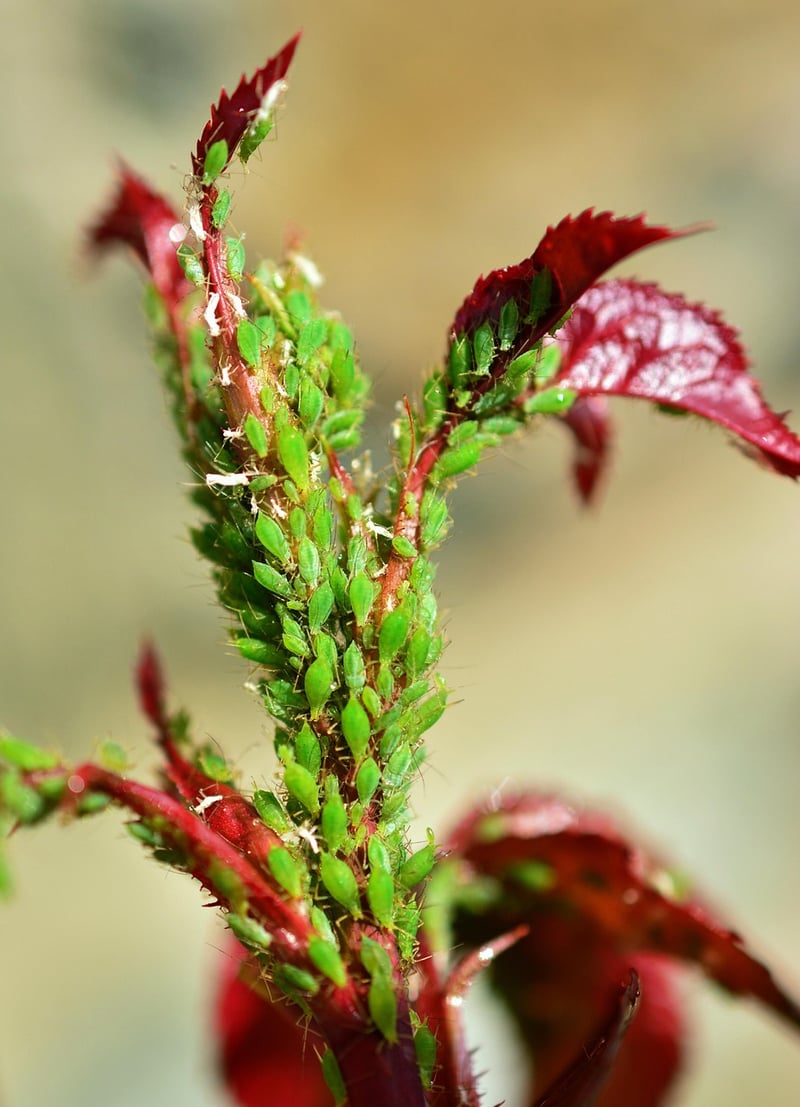Preventing Infestations
Dealing with Pests in Urban Gardens + Preventing Infestations
Introduction
Urban gardening is a rewarding activity that allows city dwellers to connect with nature and grow their own food. However, one of the challenges urban gardeners face is dealing with pests that can damage crops. In this guide, we will explore common pests found in urban gardens and effective ways to prevent infestations.
Common Pests in Urban Gardens
Urban gardens are susceptible to a variety of pests that can wreak havoc on plants. Some of the most common pests include:
- Aphids: These tiny insects feed on plant sap and can quickly multiply, causing leaves to curl and plants to weaken.
- Slugs and Snails: These creatures are nocturnal feeders that can chew through leaves and tender plant stems.
- Caterpillars: Caterpillars can devour foliage and fruits, causing significant damage to crops.
- Squirrels and Birds: These animals can raid fruit and vegetable crops, leading to losses for urban gardeners.
Preventing Infestations
Prevention is key when it comes to dealing with pests in urban gardens. Here are some strategies to prevent infestations:
- Companion Planting: Planting certain flowers and herbs alongside vegetables can help repel pests and attract beneficial insects.
- Row Covers: Using row covers can protect plants from pests like aphids and caterpillars while still allowing sunlight and water to reach the crops.
- Natural Predators: Encouraging natural predators like ladybugs and birds can help keep pest populations in check.
- Healthy Soil: Healthy soil leads to healthy plants that are more resistant to pest infestations. Adding compost and organic matter can improve soil health.
- Regular Monitoring: Inspect your plants regularly for signs of pests so that you can take action early before an infestation occurs.
Conclusion
By being proactive and implementing preventive measures, urban gardeners can effectively deal with pests and protect their crops. Remember that a healthy garden ecosystem with a balance of beneficial insects and natural predators is the key to a thriving urban garden.

Happy gardening!
